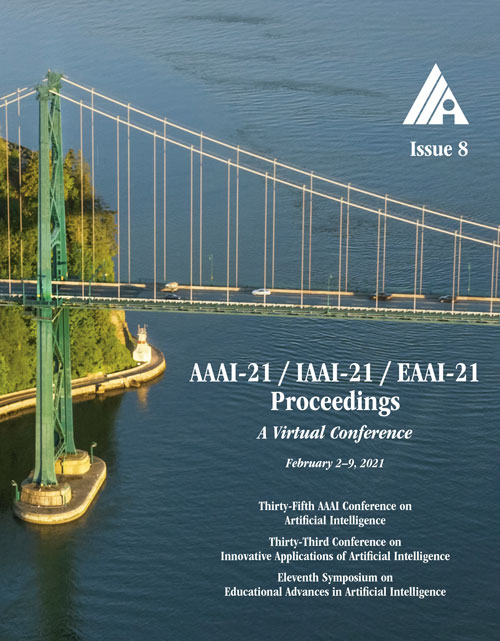SWIFT: Scalable Wasserstein Factorization for Sparse Nonnegative Tensors
DOI:
https://doi.org/10.1609/aaai.v35i8.16811Keywords:
Matrix & Tensor MethodsAbstract
Existing tensor factorization methods assume that the input tensor follows some specific distribution (i.e. Poisson, Bernoulli, and Gaussian), and solve the factorization by minimizing some empirical loss functions defined based on the corresponding distribution. However, it suffers from several drawbacks: 1) In reality, the underlying distributions are complicated and unknown, making it infeasible to be approximated by a simple distribution. 2) The correlation across dimensions of the input tensor is not well utilized, leading to sub-optimal performance. Although heuristics were proposed to incorporate such correlation as side information under Gaussian distribution, they can not easily be generalized to other distributions. Thus, a more principled way of utilizing the correlation in tensor factorization models is still an open challenge. Without assuming any explicit distribution, we formulate the tensor factorization as an optimal transport problem with Wasserstein distance, which can handle non-negative inputs. We introduce SWIFT, which minimizes the Wasserstein distance that measures the distance between the input tensor and that of the reconstruction. In particular, we define the N-th order tensor Wasserstein loss for the widely used tensor CP factorization and derive the optimization algorithm that minimizes it. By leveraging sparsity structure and different equivalent formulations for optimizing computational efficiency, SWIFT is as scalable as other well-known CP algorithms. Using the factor matrices as features, SWIFT achieves up to 9.65% and 11.31% relative improvement over baselines for downstream prediction tasks. Under the noisy conditions, SWIFT achieves up to 15% and 17% relative improvements over the best competitors for the prediction tasks.Downloads
Published
2021-05-18
How to Cite
Afshar, A., Yin, K., Yan, S., Qian, C., Ho, J., Park, H., & Sun, J. (2021). SWIFT: Scalable Wasserstein Factorization for Sparse Nonnegative Tensors. Proceedings of the AAAI Conference on Artificial Intelligence, 35(8), 6548-6556. https://doi.org/10.1609/aaai.v35i8.16811
Issue
Section
AAAI Technical Track on Machine Learning I

